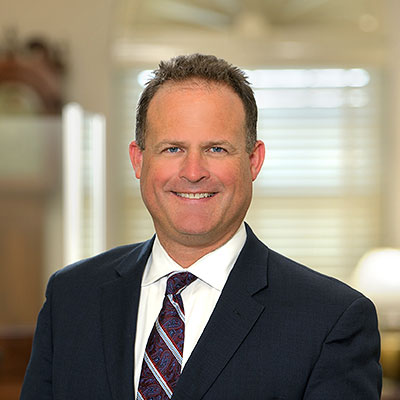What is Wrongful Death?
Let's start by understanding just what constitutes wrongful death. According to Merriam-Webster, it is “a death caused by negligent, willful, or wrongful act, neglect, omission, or default of another.” From a legal perspective, wrongful death allows the deceased's estate or individuals close to the deceased to file a lawsuit against the offending party. Typically, a deceased individual's estate representative files a lawsuit through a wrongful death attorney.
Is Wrongful Death a Felony?
Criminal cases originate from the state or federal government and include a public trial. Moreover, they require a prosecutor to prove that the defendant committed the crime beyond a reasonable doubt. On the other hand, a wrongful death claim originates with a family or surviving member and seeks to bring an action requesting monetary damages. As a result, the trial is usually private, and the claim doesn't demand jail time, court fines, or criminal punishment, just compensation.
Unlike a felony case, family members needn't prove the offending individual's fault beyond a reasonable doubt. For instance, all that's required is that the family and wrongful death attorney prove the defendant is more likely guilty than not.
Common Wrongful Death Cases
Any number of scenarios can result in a wrongful death claim, but the most common causes stem from:
- Car accidents
- Commercial trucking accidents
- Pedestrian accidents
- Medical malpractice
- Workplace deaths
- Defective products
- Nursing home neglect and abuse
With any of these scenarios, there are four factors you and your wrongful death attorney must prove:
- Death occurred
- The defendant's negligence caused the death
- That death directly impacted you or other family members
- The death created financial hardship for survivors
Wrongful death attorneys examine police reports, interview witnesses, analyze physical evidence, and conduct the most thorough investigation to support the claim and prove fault.
Work with Your Wrongful Death Attorney to Determine Damages
Damages are governed by the Wrongful Death Act in Pennsylvania and allow for damages covering:
- All hospital, medical, funeral, burial, and estate administration costs
- Lost wages and benefits, including amounts the deceased, would contribute during their life expectancy
- Compensation for the loss of household services, society, comfort, and moral guidance
- Compensation for pain and suffering
You or your wrongful death attorney must file any claim within two years of the deceased's death. Otherwise, the court rejects the claim.
How do I receive payments?
Typically insurance providers pay damages for wrongful death suits. However, courts hold the defendant liable in instances where the insurance liability coverage is insufficient. In addition, according to the IRS, most wrongful death settlements are non-taxable and intended to account for the pain and suffering of the family. Punitive damages may be taxed.


